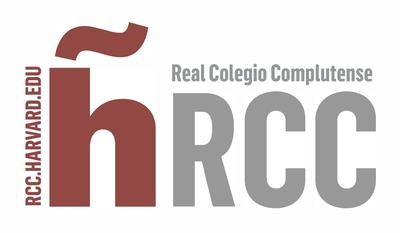Date:
Location:
THIS SEMINAR HAS BEEN CANCELED
IT WILL BE RE-SCHEDULED
The Spanish Constitutional Law has exerted a profound influence on Latin America and the wider continent. This influence can be traced back to the legislative compilation promoted by Alfonso X, which was deeply rooted in the European Ius Commune and significantly shaped the institutions of the ancient Spanish Constitution.
Notably, the Biscay fueros, representing the traditional liberties granted in Biscay, captured the attention of John Adams during his perilous journey to Spain in 1779. Adams subsequently drew comparisons between the ancient constitution of Biscay and the political institutions laid out in the U.S. Constitution.
The ancient Spanish Constitution also served as a significant source of inspiration for the Hispanic American revolution (1810-1812), leading to the development of new Constitutions across the region. These Constitutions were heavily influenced by the ius commune and the concept that Governments are established for the common good. This principle can be found in the 1780 Massachusetts Constitution and many other Constitutions adopted in Hispanic America during the 19th century.
Twentieth-Century Influence: In the 20th century, the enduring ideas of the ancient Spanish Constitution, enshrined in the 1978 Spanish Constitution, played a pivotal role in inspiring Eduardo García de Enterría to formulate a novel legal theory. This theory aimed to elucidate the rationale behind government services to the people and the supreme role of the Constitution. García de Enterría's groundbreaking work provides an original explanation of how Government is subordinated to the Constitution, particularly in the context of Public Administration.
Relevance to the U.S.: García de Enterría's insights hold particular relevance for the current state of U.S. Administrative Law. The U.S. Supreme Court has promoted an interpretation constraining the administrative state as a creature of the Statute, that is, to functions explicitly outlined in Statutes, such as climate policy. Drawing inspiration from John Adams, U.S. Constitutional Law scholars could examine the solutions implemented in Spanish Constitutional Law to enable administrative actions that serve the common good while preventing arbitrary power exercises. This aligns with the broader goals of Harvard Law Professors Cass Sunstein and Adrian Vermuele's proposal regarding the morality of Administrative Law
 .
.
Speaker: José Ignacio Hernández (Harvard Kennedy School Associate, Harvard University)
Sponsors: RCCHU; Harvard Kennedy School; Harvard Law School; Harvard University
